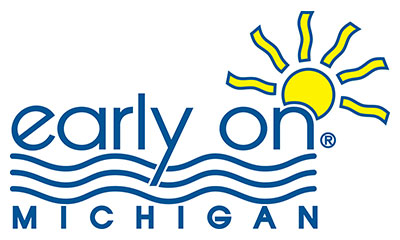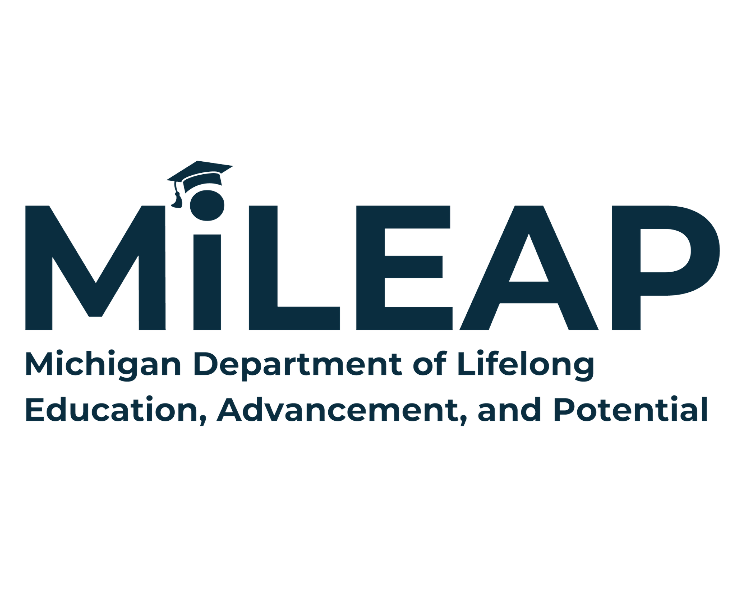Foster Care Guidelines Take Infant Attachment Into Account
As of 2020, while this is no longer official policy of MDHHS, the guidelines and recommendations may be used to support infant/toddlers in foster care.
Guidelines to Support Infant/Toddler Attachment while in Foster Care
In 2014, The Michigan Department of Human Services and the Michigan Association for Infant Mental Health (MI-AIMH) announced a joint policy statement calling for child welfare workers to take into account the importance of infants’ attachment relationships as they make decisions about foster care or permanent homes.
“Scientific study has confirmed that secure and stable attachment relationships provide the foundation for healthy development across the life span,” said Deborah Weatherston, executive director of MI-AIMH. “It is every baby’s birthright to experience care that is nurturing and leads to an attachment relationship that promotes social and emotional health. To the extent that we as clinicians and policymakers can support the growth of early attachments through our work with or on behalf of infants and toddlers in foster care, it is our shared responsibility to do so.”
Some of the policy recommendations include:
- Placing infants and toddlers with foster parents who are interested in adoption if the babies are not expected to be unified with their parents.
- Providing babies with familiar objects from their homes – such as a blanket, sheet or teddy bear – to ease the transition by providing a sense of security.
- Providing services by infant mental health specialists as needed.
- Maintaining connections between foster parents, adoptive parents and the baby if the baby is adopted after developing an attachment to foster parents.
MI-AIMH extends a very special thanks to MI-AIMH members Doug Davies, Joan Shirilla, Julie Ribaudo, Kate Rosenblum, Bev Davidson, Kathleen Baltman, Mary Beth Reimer, Betty Tableman, and Mary Chaliman, Foster Care Manager at Michigan Department of Human Services, for their tireless efforts in making this policy possible.
“We are grateful to this wonderful, talented team, the Michigan Department of Human Services, and Director Corrigan for leading this important policy for infants and toddlers,” said Deborah Weatherston.
Download the PDF: MDHHS-MI-AIMH-Guidelines
Read more here:
 13101 Allen Road
Southgate, Michigan 48195
tel: 734.785.7705 x7194
fax: 734.287.1680
13101 Allen Road
Southgate, Michigan 48195
tel: 734.785.7705 x7194
fax: 734.287.1680





